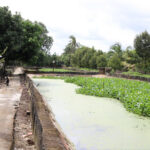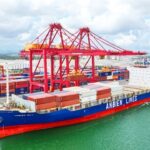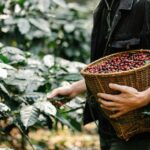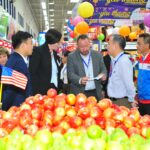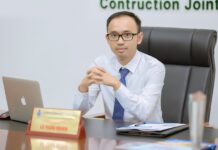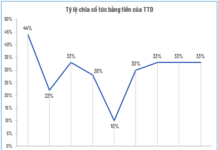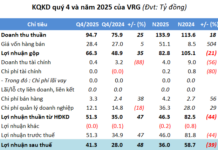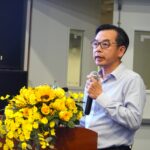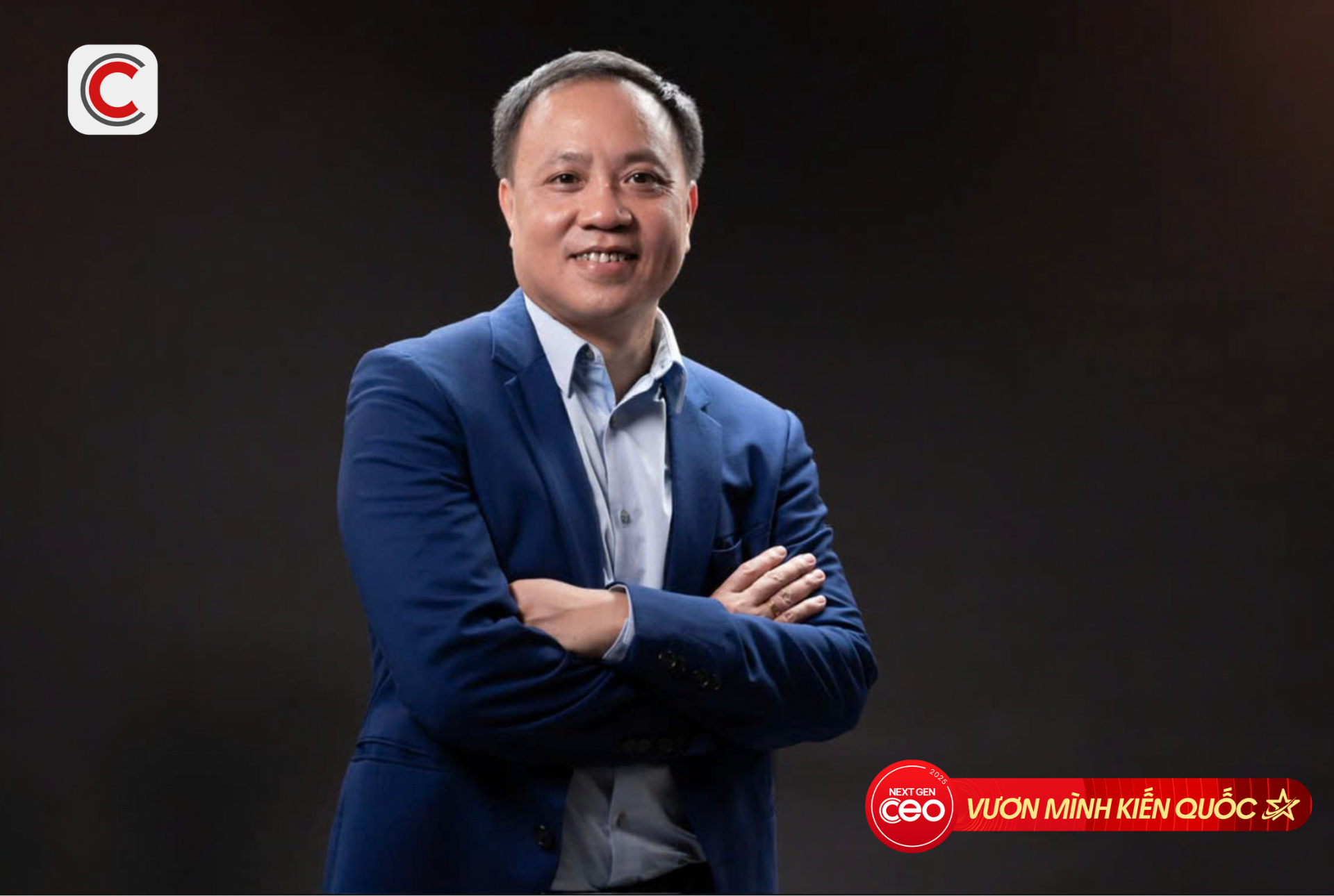
Mr. Phan Minh Thong, Chairman of Phuc Sinh Joint Stock Company
For many years, Phuc Sinh has maintained its position as one of Vietnam’s leading agricultural export companies, with export revenues reaching nearly $320 million in 2024. Notably, Phuc Sinh was once known as the “Pepper King,” capturing approximately 8% of the global pepper export market in recent years.
The company currently exports agricultural products to 100 global markets while expanding its domestic presence with the K Coffee chain, focusing on pure coffee with transparent origins. Mr. Thong’s guiding philosophy is, “To go far, Vietnamese agricultural products must travel on value,” emphasizing cleanliness, transparency, and technology as the core elements to build a national brand and ensure farmers’ benefits.
For him, the story of agricultural products goes beyond cultivation, harvesting, or export—it’s about elevating Vietnam’s value in the global supply chain.
“Don’t Just Export Raw, Export Value”
Mr. Thong often begins his talks with hard-hitting numbers. “Every year, I export around 60,000–70,000 tons of coffee, but what I want to highlight isn’t that figure—it’s how much of it undergoes deep processing.”
According to him, Vietnam is a powerhouse in exporting coffee, pepper, and cashews, but most exports remain “cheap raw materials, expensive finished products.” “If we keep exporting raw, we’re selling farmers’ labor without selling Vietnamese intellect, flavor, or culture,” he says.
His philosophy, “Don’t just sell products, sell value,” stems from reality: the world isn’t short on coffee, but it lacks brands that are transparent, sustainable, and consistent in quality.
He once shared that Phuc Sinh’s annual export revenue is around $300 million, with coffee accounting for 60%, pepper 30%, and tea 10%. This ratio, he explains, isn’t just a business structure—it’s a development mindset: have a flagship product, but don’t rely solely on one commodity.
“I don’t care how much revenue grows, but whether that growth comes from sustainable value,” he says.
Mr. Thong has repeatedly warned of the risk of falling behind if Vietnam continues traditional production methods. Amid volatile agricultural prices and supply chain risks, he sees technology as the “backbone” for agricultural resilience.
At Phuc Sinh’s factories, electronic traceability, data management, and automated operations have increased efficiency by 30% and reduced energy consumption by nearly 20% in the past five years. “With data, we understand our products better, and understanding allows us to sell value,” he says.
For him, digital transformation in agriculture isn’t just about software or machinery—it’s about shifting mindset from “habit-driven” to “data-driven.”
“Cleanliness Isn’t a Slogan, It’s a Survival Path”
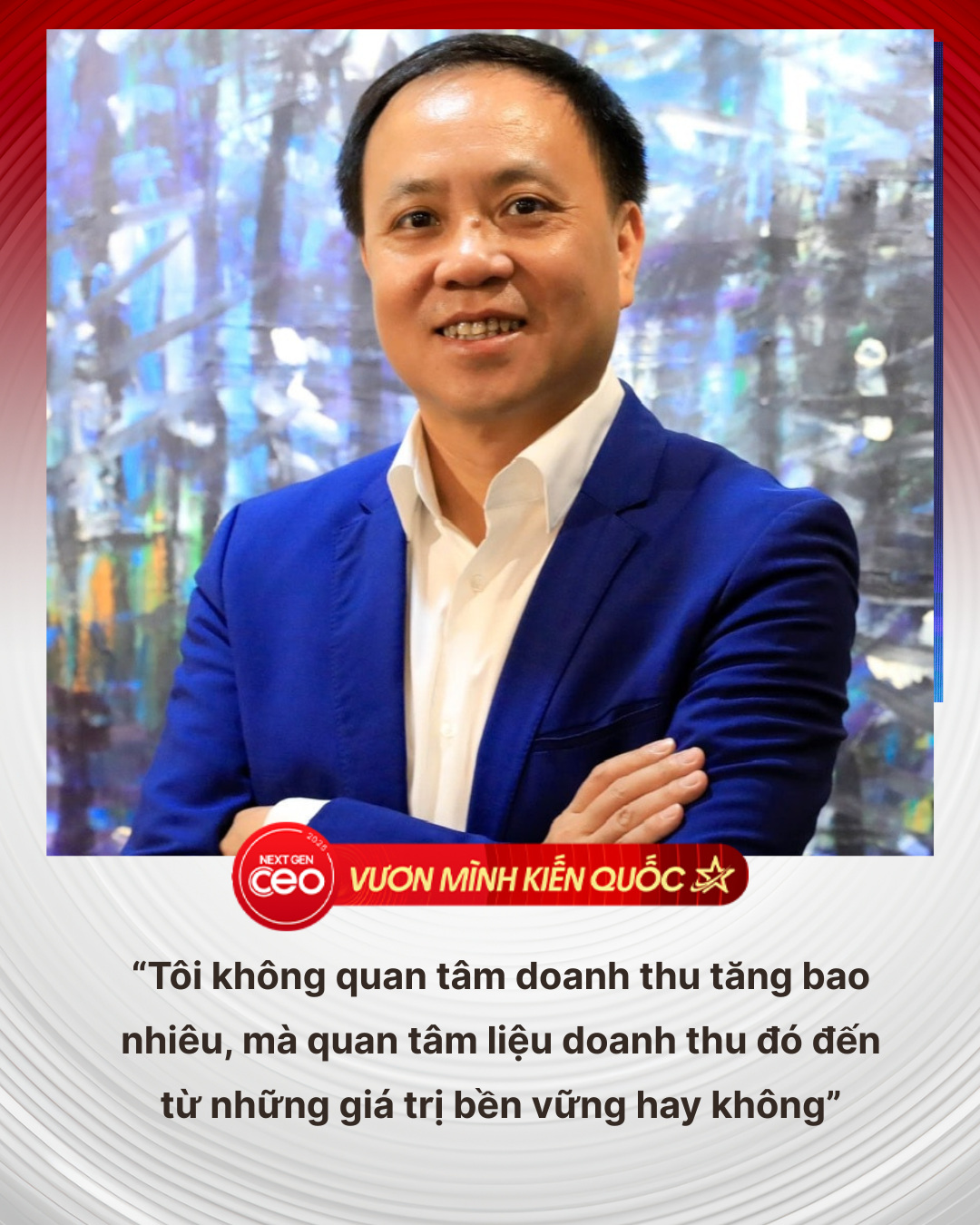
In numerous interviews, Mr. Thong stresses: “Doing it right, doing it clean, doing it sustainably” isn’t a slogan. It’s a survival strategy for Vietnamese businesses in the international arena.
He once recounted how a Vietnamese product was returned by a European customer due to pesticide residue exceeding standards. “One rejected shipment damages the nation’s reputation,” he said. Since then, he’s invested in processing technology, testing, and traceability—elements many Vietnamese agricultural companies still consider “luxuries.”
As the world enters the ESG era, where environmental, social, and governance standards become mandatory “passports,” the clean production model Mr. Thong has pursued for over a decade is recognized as a forward-thinking and timely approach.
When asked about an entrepreneur’s role, Mr. Thong is candid: “If you only work to get rich, you won’t go far. But if you work to earn respect for Vietnamese agricultural products, every step you take has meaning.”
Thus, he consistently urges Vietnamese businesses to dare to dream big, but dream with kindness. “Doing it clean, doing it right, doing it long-term—this isn’t moral philosophy. It’s the only business model that can survive in the future.”
What Livestock Does the Can Tho Farmer Raise to Become Vietnam’s Most Outstanding?
From a humble beginning of cultivating rice and fruit, with income fluctuating unpredictably with seasons and market whims, Trần Hồng Quan (53, from Trường Long Tây commune, Cần Thơ) has emerged as one of three individuals in Cần Thơ honored by the Central Vietnam Farmers’ Association as an “Outstanding Vietnamese Farmer” in 2025. This recognition is a testament to his innovative model of raising soft-shell turtles.
“Elevating Vietnamese Agricultural Produce: The Power of Regional Logistics”
Without a robust regional logistics network, it is impossible to elevate the status of Vietnam’s agricultural value chain. It’s time to rebuild the value chain from the ground up, with a foundation rooted in digital transformation and a flexible, innovative mindset.
The Finest American Fruits are Coming to Vietnam
In 2024, the US and Vietnam successfully negotiated the import of cherry and plum varieties into Vietnam. Building on this success, agricultural agencies from both countries are now working tirelessly to introduce more American specialty fruits to the Vietnamese market.

